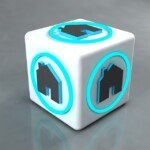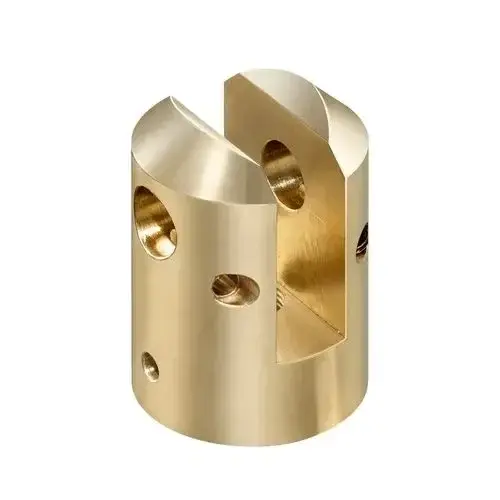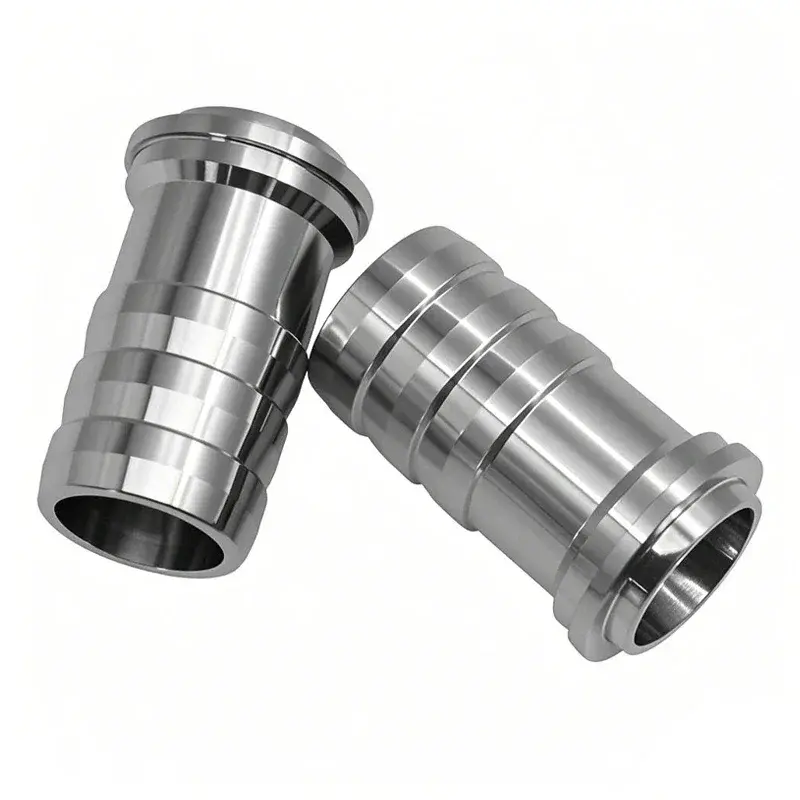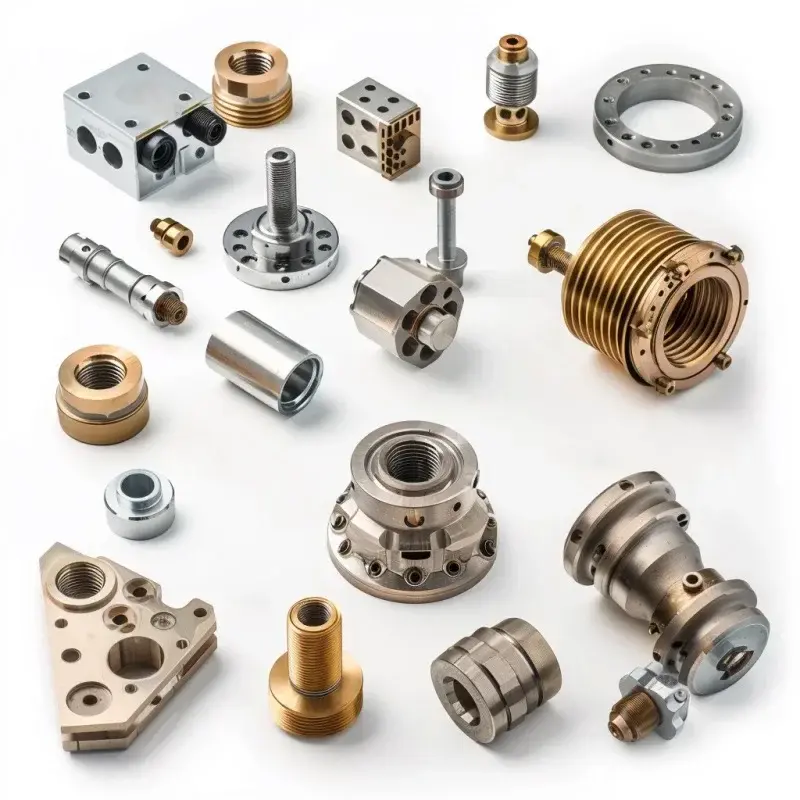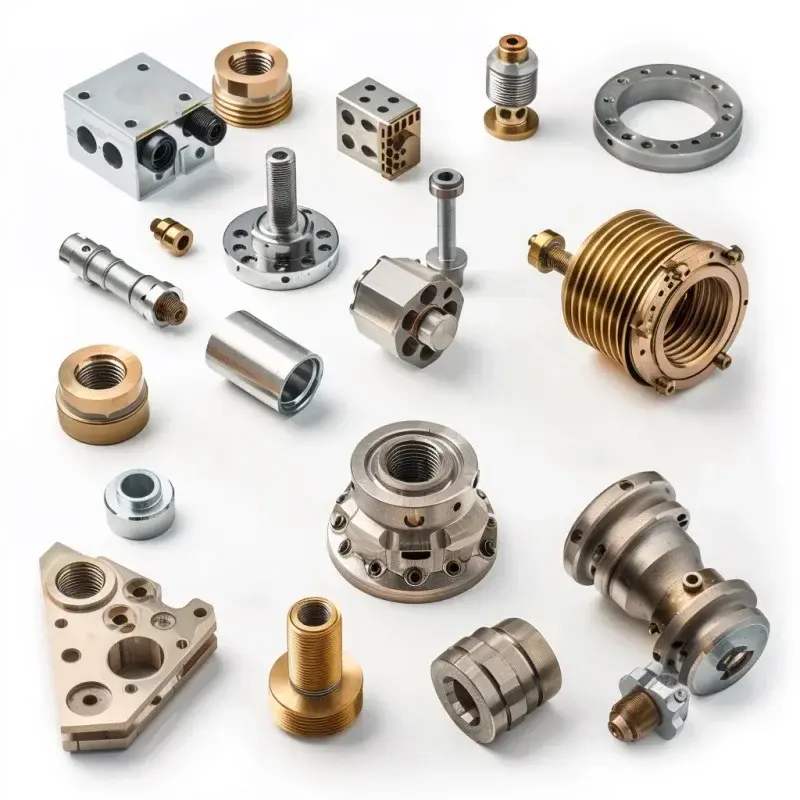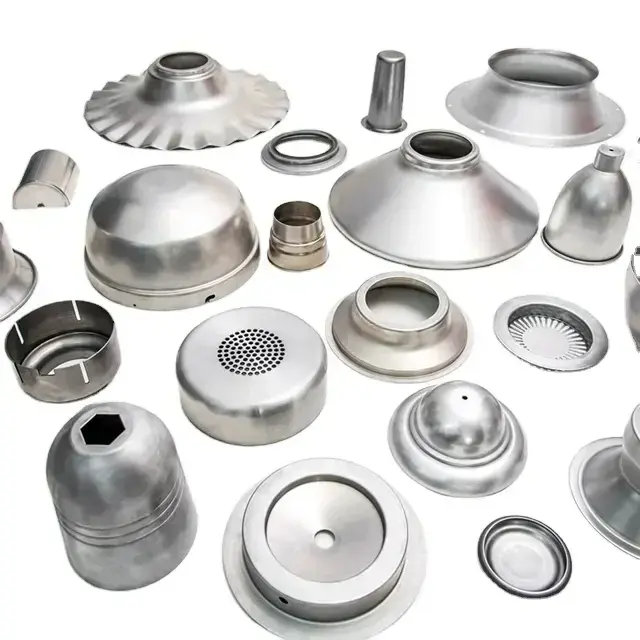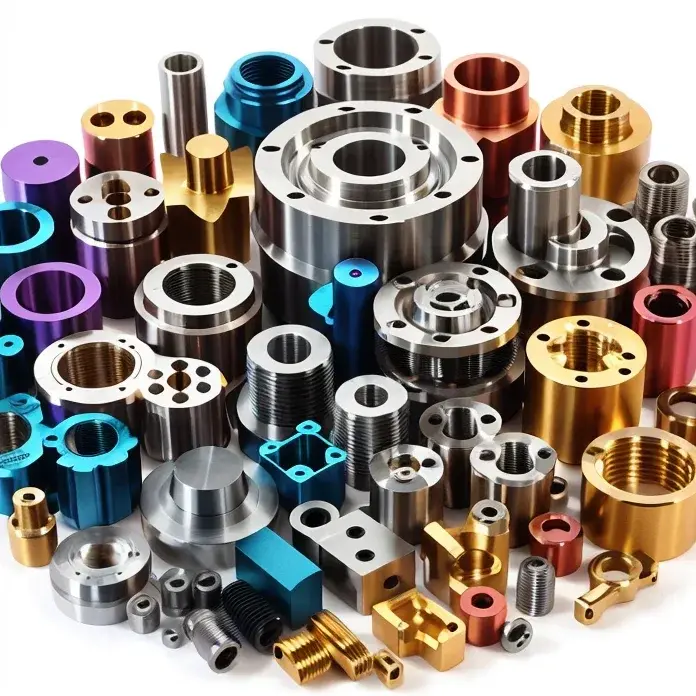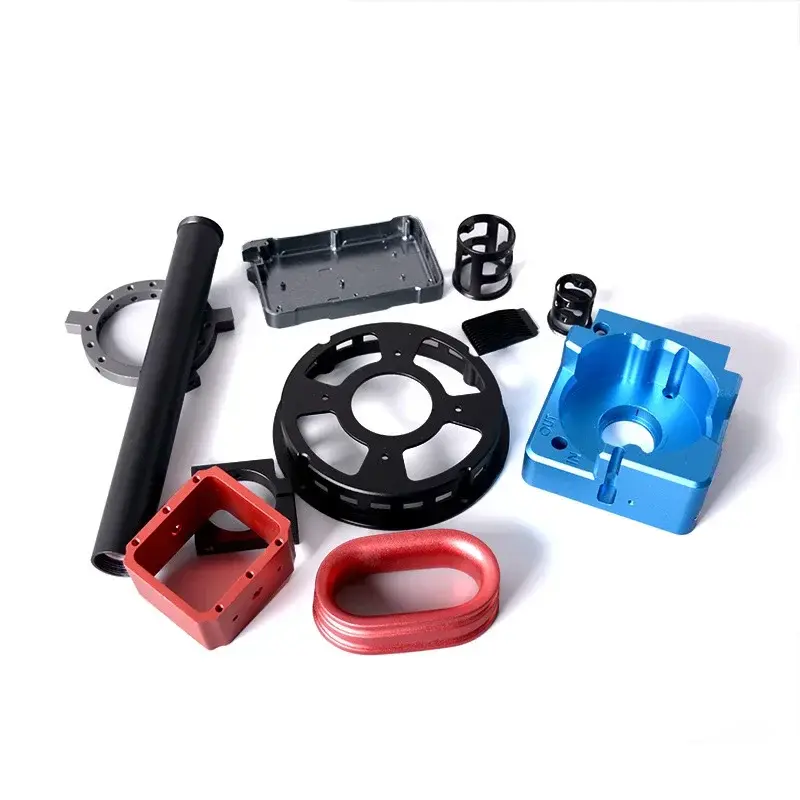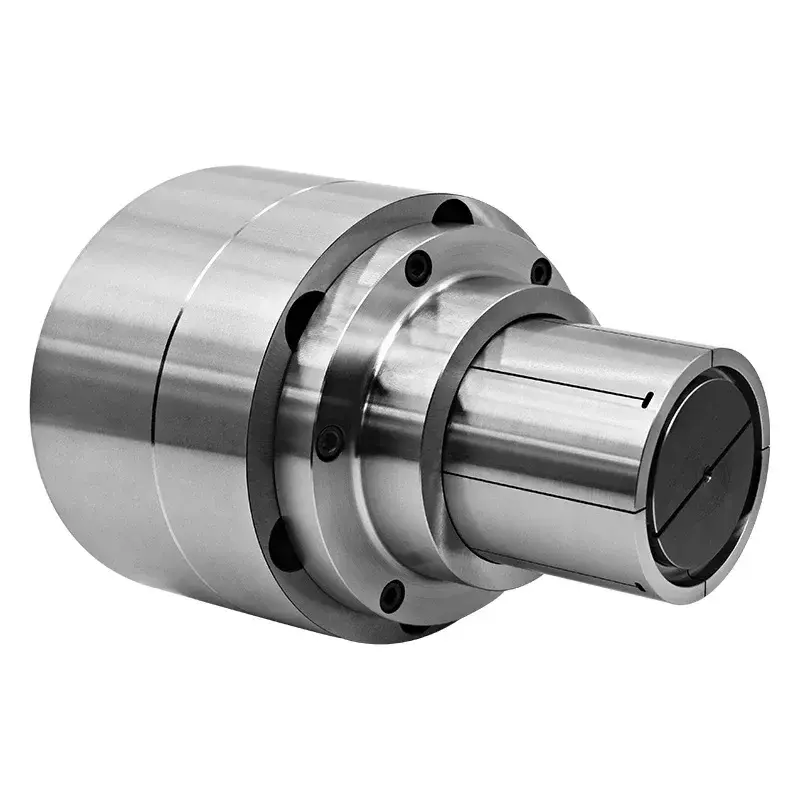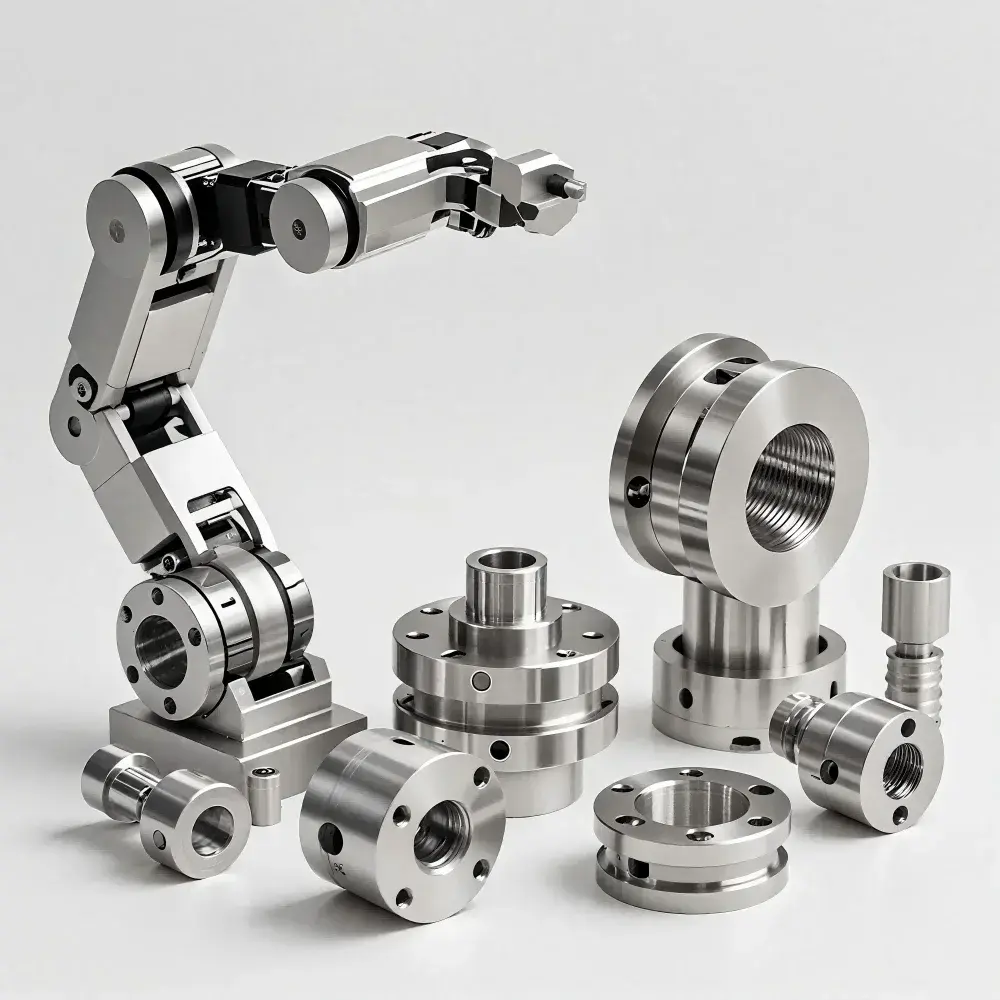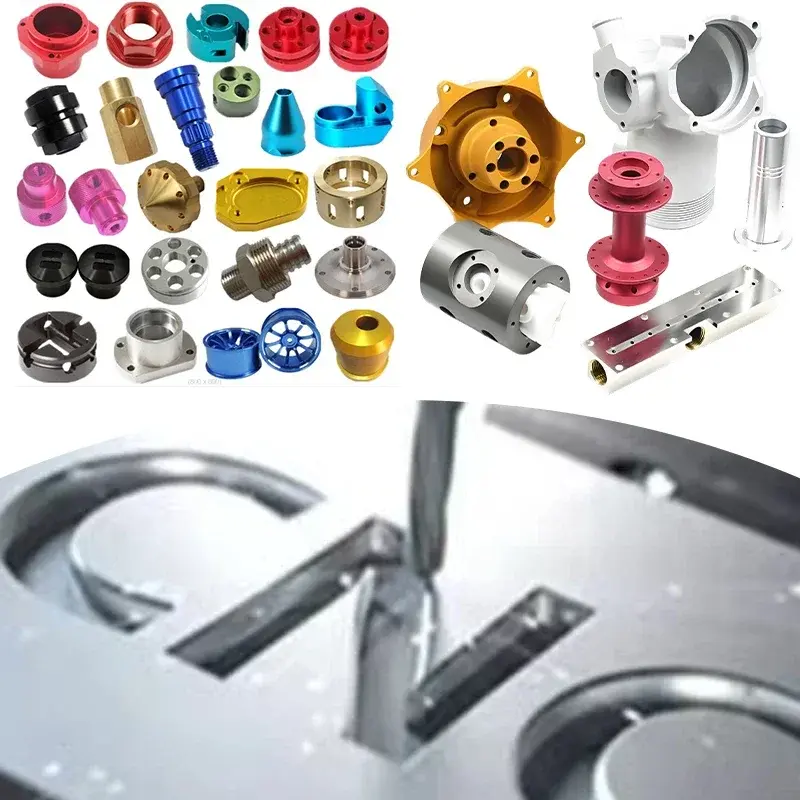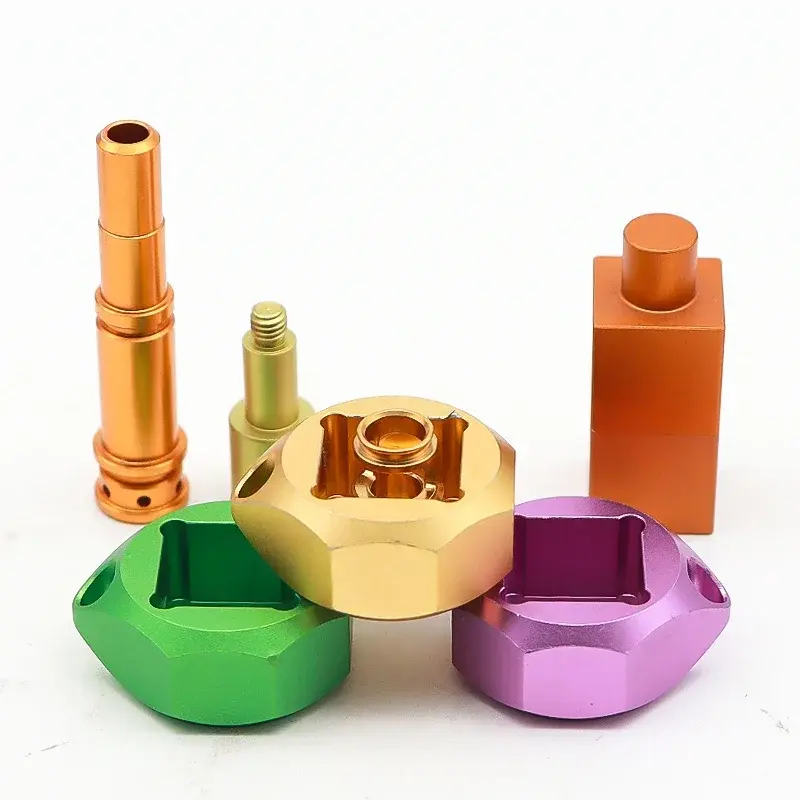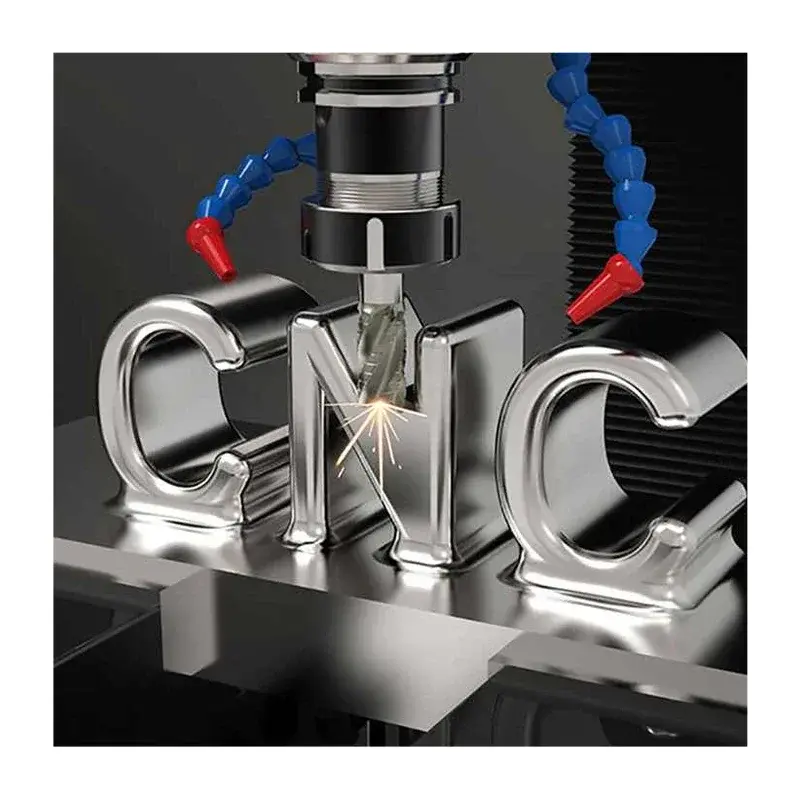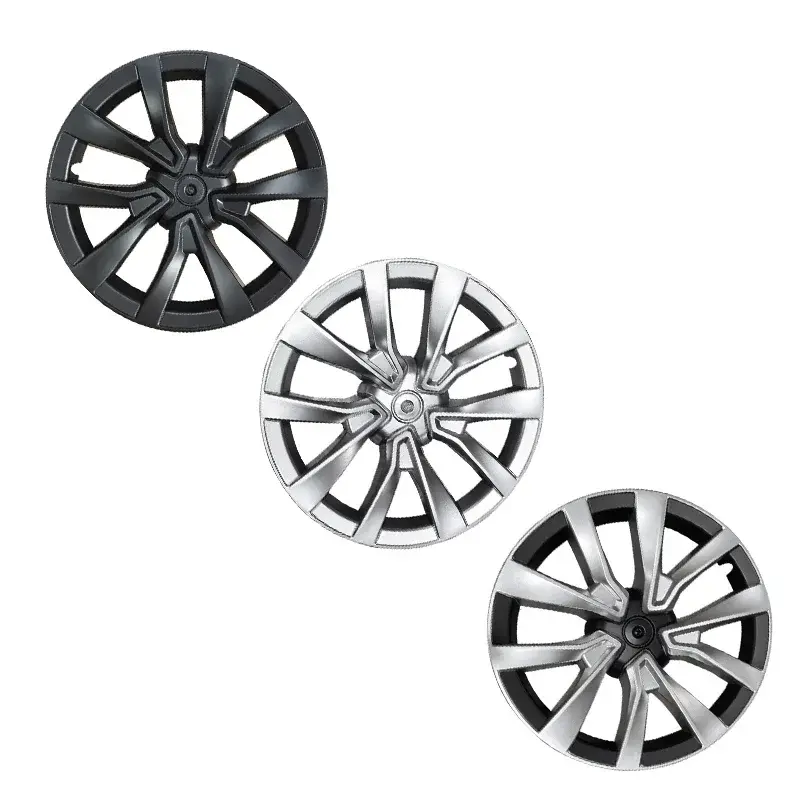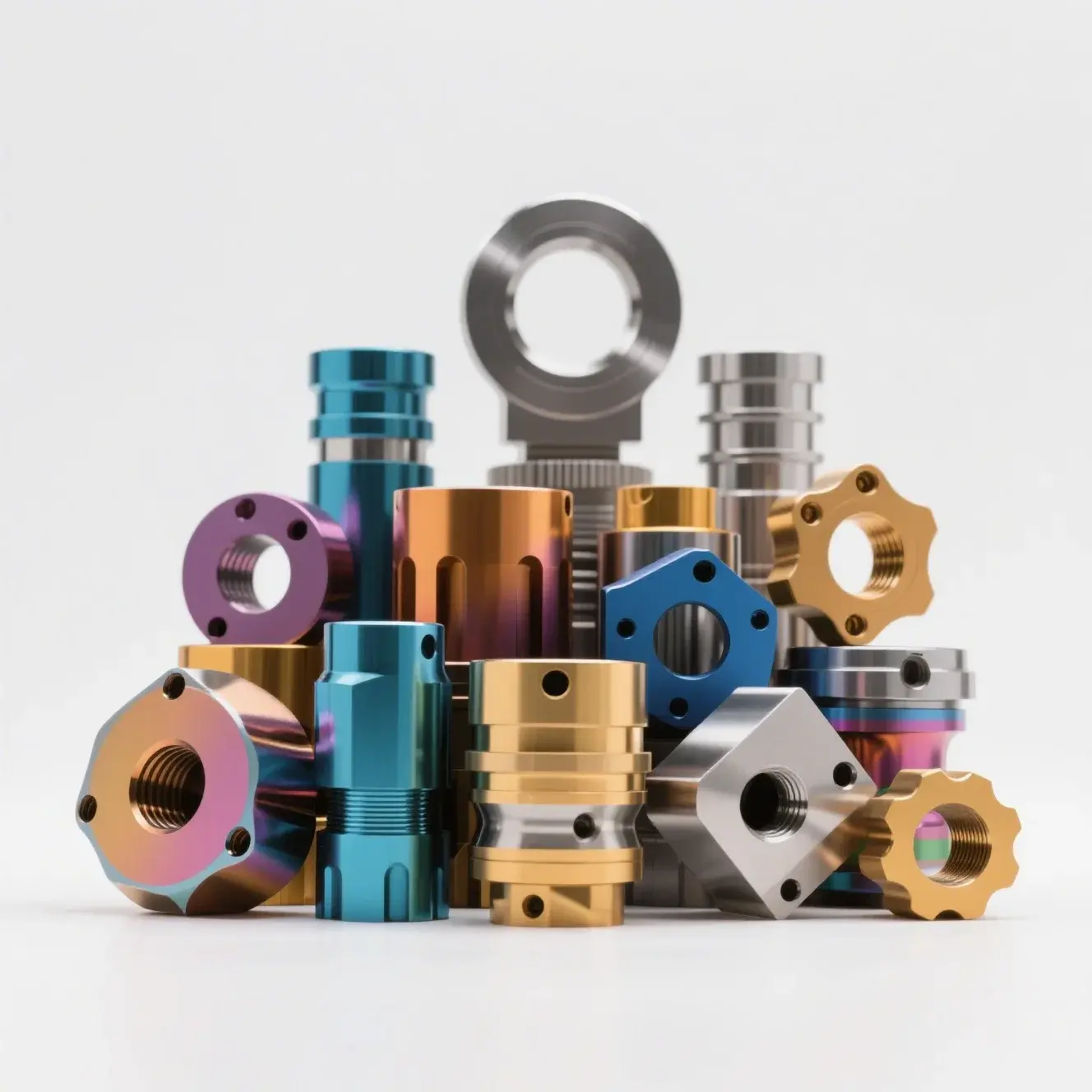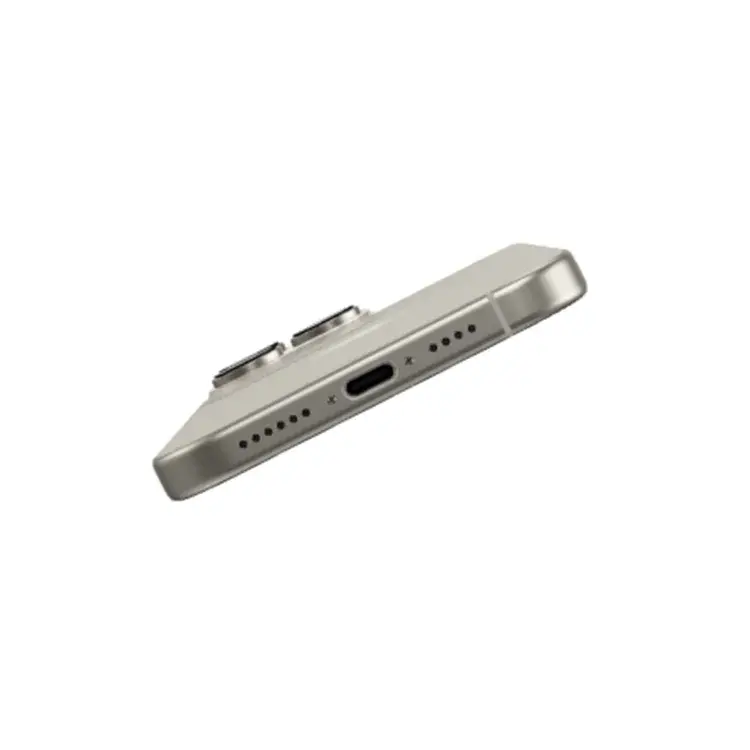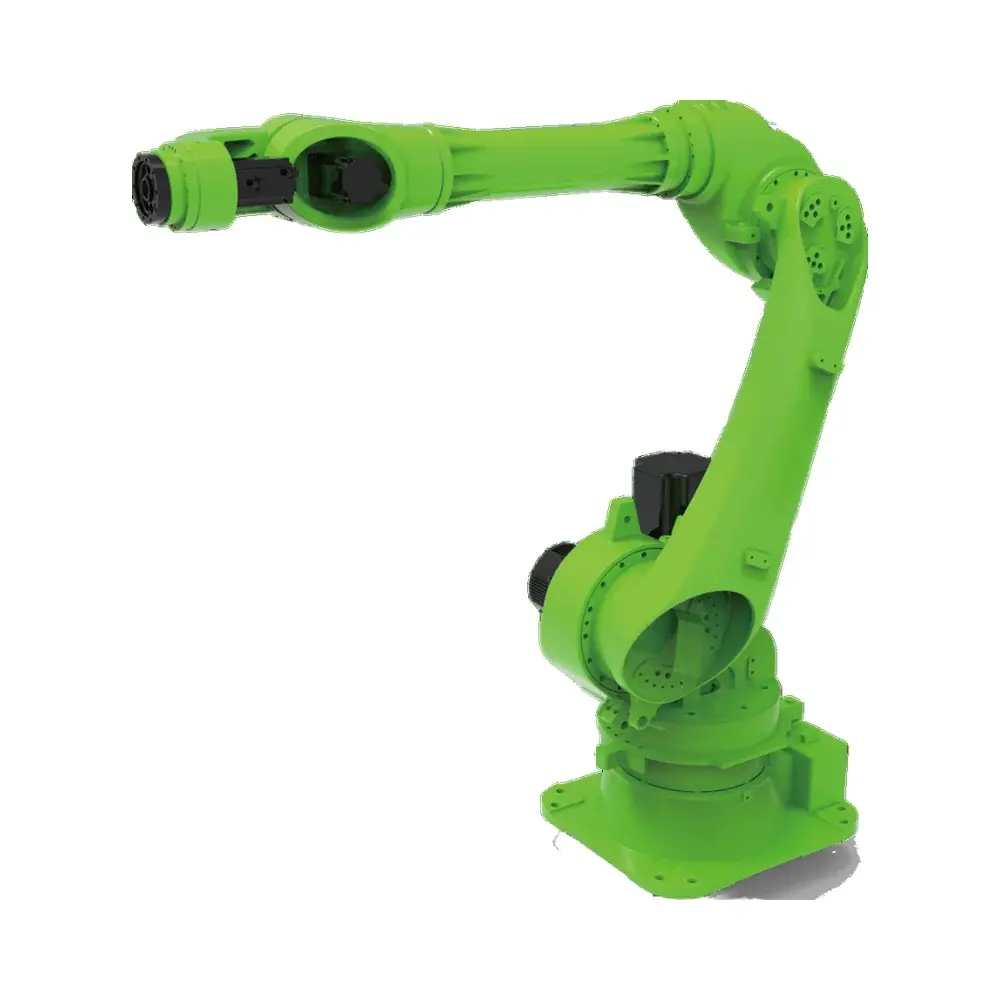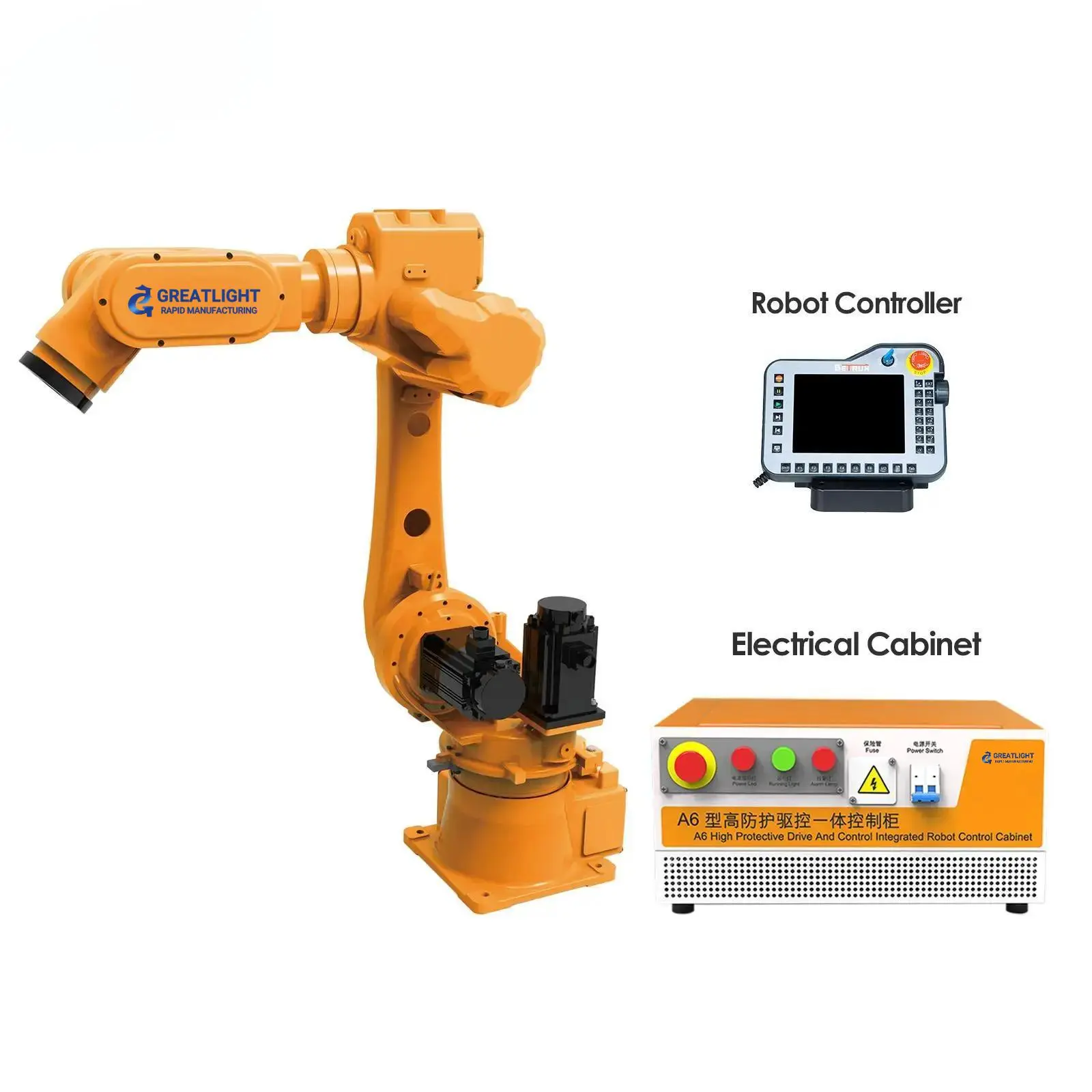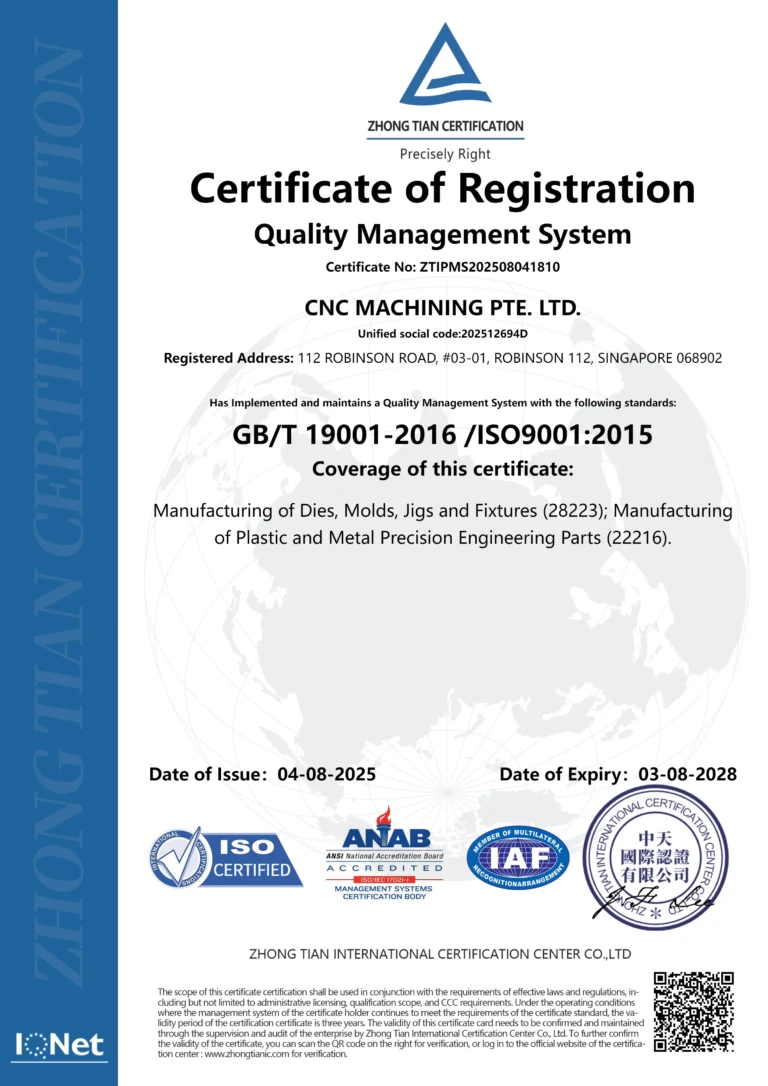Unrivaled Precision: Why German CNC Engineering Sets the Global Standard (and How GreatLight Delivers It)
In the high-stakes world of manufacturing, where microns matter and perfection is non-negotiable, there is one term that always rises above the noise: German CNC precision engineering. It’s more than just machinery; it’s a philosophy, a relentless pursuit of perfection, deeply rooted in a tradition of engineering excellence. This reputation is no accident but the result of decades of rigorous standards, innovation and an unwavering commitment to quality. But what exactly makes it so revered, and how can companies acquire this manufacturing capability? This in-depth look at the nature of precision in Germany and how companies like it huge light Bring this world-class capability directly to your projects.
Understanding the Cornerstone: The Core Principles of German Precision
German precision engineering is rooted in several fundamental principles that form the backbone of industries such as aerospace, automotive, medical devices and optics:
- Tight tolerances: German standards (DIN – Deutsches Institut für Normung) often exceed international standards. CNC machining following these principles occurs in the single-digit micron range (±0.005 mm is common), ensuring near-perfect geometric accuracy and dimensional consistency critical to critical components.
- Uncompromising Material Integrity: Precision isn’t just about shape; It’s about the material itself. German engineering emphasizes rigorous material selection, traceability and handling to ensure optimal mechanical performance, stability and service life under demanding conditions.
- Process Rigor and Documentation: Carefully documented procedures are followed every step of the way from initial design review to final inspection. This minimizes variability, ensures traceability (vital in regulated industries), and guarantees repeatability throughout the production run.
- Advanced Tooling and Metallurgy: Achieving extremely high precision requires cutting tools to be designed to the same exacting standards. The German manufacturer leads the way in superhard cutting materials, specialized tool coatings and optimized geometries to maximize tool life and surface finish quality.
- Innovation culture (Industry 4.0 integration): Germany is at the forefront of the Fourth Industrial Revolution. Modern German precision machining facilities seamlessly integrate CNC technology with data analytics, IoT connectivity and advanced CAM/CAD/CAE software to enable real-time process optimization, predictive maintenance and unparalleled quality control.
The powerhouse of flexibility: five-axis CNC machining
Standing at the pinnacle of precision manufacturing technology Five-axis CNC machiningand Germany is a recognized leader in its development and application. Why is it revolutionary?
- Complex geometric shapes made simple: Unlike 3-axis machines, which are limited to linear motion (X, Y, Z), four-axis machines add rotation about one axis, but five-axis machines add rotation about a second axis. This enables the cutting tool to approach the workpiece from a virtual position any angle in one setup.
- Unparalleled precision and surface finish: Complex parts requiring complex contours, undercuts, deep cavities or compound angles often require multiple setups on a 3-axis machine. Each setting introduces potential alignment errors. Five-axis machining eliminates these setup changes, greatly reducing cumulative tolerance issues and achieving superior surface finishes on complex features.
- Dramatically shorten delivery times: this "Complete in one piece" The setup capabilities for five-axis machining significantly reduce the non-cutting time associated with repositioning and re-clamping. This means faster turnaround from prototype to production.
- Optimized toolpaths and efficiency: With greater freedom of movement, five-axis machines can often use shorter, sturdier cutting tools. This enables higher spindle speeds, feed rates and deeper cuts without vibration, improving quality and machining efficiency.
Materials Versatility: From Exotic Metals to Engineering Polymers
German CNC precision engineering is not limited to standard materials. Our expertise lies in processing a variety of challenging materials to the highest standards:
- Aerospace alloys: Titanium (Ti-6Al-4V), Inconel, Waspaloy, aluminum alloy (7075, 2024).
- Medical implant materials: Medical grade stainless steel (316LVM), cobalt-chromium alloy, titanium alloy, biocompatible plastic (PEEK, UHMWPE).
- High performance plastics: PEEK, Ultem (PEI), Vespel, PTFE, POM (acetal), nylon.
- Other metals: Tool steel, stainless steel (303, 304, 17-4PH), brass, copper and specialty copper alloys.
- Prototyping materials: A wide range to suit specific functional or aesthetic needs.
Each material requires unique expertise – understanding cutting parameters, temperature control, tool selection and handling procedures – and depth of experience in all these areas is critical.
From design to delivery: production considerations
Achieving true German precision requires attention to each stage:
- Design for Manufacturability (DFM): Collaboration from the earliest design stages is invaluable. Experienced engineers can advise on optimal designs for five-axis efficiency, tolerance feasibility, material selection and avoid costly compromises.
- Advanced Programming and Simulation: Five-axis programming (CAM) is inherently more complex. Utilizing sophisticated software and highly skilled programmers is critical to generating optimal, nick-free tool paths. Virtual simulation is essential to validate programs and avoid costly collisions.
- Ultra-precision fixture: Firmly holding complex geometries while allowing for multi-directional machining requires ingenious, custom-designed fixture solutions. This is critical to maintaining rigidity and achieving the required tolerances.
- Rigorous process and final inspection: Precision machining requires rigorous verification. This includes extensive use of coordinate measuring machines (CMMs), optical comparators, surface profilometers and other metrology equipment to verify dimensions, geometry and surface finish at multiple stages to the most stringent specifications.
GreatLight: Delivering German precision engineering standards globally
While benchmarks are often set in Germany, achieving this level of quality no longer requires dealing with complexities overseas. As a professional five-axis CNC machining manufacturer, Honglaite is committed to enhancing your project with the strict standards of German precision.
- Cutting Edge Arsenal: We invest heavily in state-of-the-art technology Five-axis CNC machining centerensuring we have the technical capabilities required to effectively handle complex geometries and required tolerances.
- Expertise and process rigor: Our team combines deep technical knowledge with a commitment to process discipline. We don’t just run the machine; we run the machine. The solutions we design follow strict quality management principles.
- Comprehensive material mastery: From aerospace titanium to medical grade PEEK, We specialize in processing all kinds of metals and plasticsproviding suggestions for the best options for your application.
- A true one-stop solution: In addition to original processing, We offer comprehensive post-processing and finishing services (Deburring, heat treatment, anodizing, electroplating, painting, laser marking, assembly) all in one stop, ensuring consistency and saving you time.
- A combination of agility and precision: We know innovation moves quickly. Our focus on fast setup times and efficient workflows allows us to quickly deliver custom precision partswithout sacrificing an iota of the quality you demand.
- Excellent cost-effectiveness: By leveraging advanced technology, optimizing processes and offering competitive prices Customized precision machiningwe offer truly high precision, ensuring you get best value for key components.
Conclusion: Accurate investment, cooperate with Gretel
German CNC precision engineering represents the gold standard in manufacturing. Its focus on extreme precision, meticulous craftsmanship, material mastery and innovative technology (especially five-axis machining) enables the creation of components that perform flawlessly in the world’s most demanding applications. Whether you are developing groundbreaking aerospace components, life-saving medical devices, advanced automotive systems or complex automation solutions, the quality of your delivery matters.
Elevating your project requires more than just machines; It requires a partner committed to the spirit of precision. Gretel embodies this commitment. With our advanced five-axis capabilities, deep materials expertise, comprehensive post-processing, and commitment to fast, cost-effective delivery, we bring the power and reliability of German-grade precision engineering to your fingertips.
Don’t compromise on quality on your next project. Experience the GreatLight difference.
[Call to Action Button: Request a Quote for Your Precision Parts]
[Call to Action Button: Contact Our Engineering Team]
Frequently Asked Questions: Learn about German CNC Precision Engineering and Ferrite’s services
-
Q: What exactly is "German Precision Engineering" In CNC machining?
- one: It refers to an approach that prioritizes extremely tight tolerances (±0.005mm), absolute repeatability, stringent process control (following or exceeding DIN standards), meticulous material handling, and the use of advanced technology (especially five-axis). It’s a philosophy that ensures components meet the highest quality benchmarks required by key industries.
-
Q: Why is five-axis CNC machining so important for achieving high precision?
- one: Five-axis machining can produce complex geometries in a single setup. This eliminates errors introduced by repositioning parts and enables optimal tool paths, resulting in superior accuracy, better surface finishes on complex features, reduced lead times, and the ability to machine highly complex parts not possible with 3-axis machines.
-
Q: What materials can GreatLight process?
- one: We specialize in processing a variety of materials, including stainless steel (303, 304, 316LVM, 17-4PH), aluminum alloys (6061, 7075, 2024), titanium alloys (Ti-6Al-4V), nickel alloys (Inconel), brass, copper, tool steel, and high-performance plastics such as PEEK, Ultem (PEI), nylon, POM, and PTFE. We provide recommendations on the best materials for your specific application.
-
Q: In addition to machining, what other services does Honglaite provide?
- one: We offer a comprehensive suite Post-processing and finishing servicessuch as deburring, heat treatment (annealing, hardening, tempering), surface treatment (anodizing – Type II and III, electroplating – nickel, chromium, zinc), painting, powder coating, laser marking, engraving and assembly. Our goal is to be your true one-stop solution.
-
Q: Can GreatLight handle prototyping and production runs at the same time?
- one: Absolutely. Our advanced five-axis capabilities and efficient workflow are ideal for rapid prototyping of complex parts. We scale seamlessly to deliver reliable, consistent production runs while committed to precision and quality control. Our goal is speed to market without compromise.
-
Q: How does Gretel ensure quality control?
- one: Quality is built into our processes. We use advanced metrology equipment such as coordinate measuring machines (CMM), optical instruments and surface finish testers for rigorous process and final inspection. We adhere to strict process documentation and traceability protocols.
-
Q: My design is very complex. Can GreatLight help optimize manufacturing (DFM)?
- one: Yes! We strongly encourage early collaboration. Our experienced engineering team provides valuable Design for Manufacturability (DFM) Feedback on your designs to optimize them for efficient five-axis machining, ensure achievable tolerances, recommend suitable material alternatives, and ultimately save time and cost. Contact us during the design stage.
- Q: How do I get a quote for custom precision parts?
- one: Getting a quote is easy. Visit our website and use our security [Link to Quote Request Page]or contact our engineering team directly [Your Contact Email/Phone]. Please provide your CAD files (STEP, IGES preferred), material specifications, quantities required, tolerances, and any surface finish requirements for the most accurate quote.


